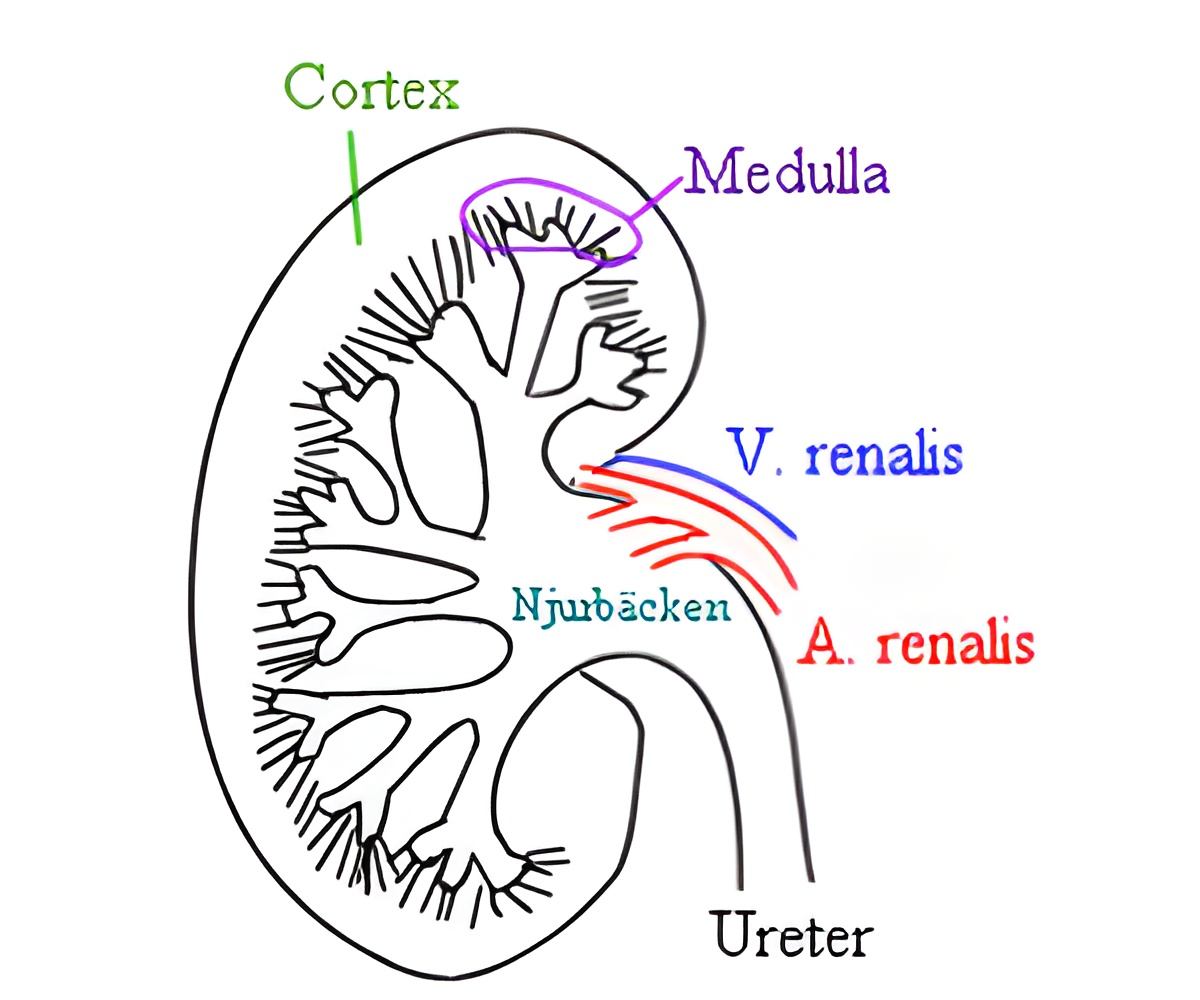
Follow-up of 8,494 patients in the Action in Diabetes and Vascular Disease: Preterax and Diamicron Modified Release Controlled Evaluation (ADVANCE) trial, which is the largest clinical trial on diabetes, revealed that intensive glucose control leads to long-term reductions in the risk of developing end-stage kidney disease. "Our study also suggests that the benefits are greater when treatment is begun early in the course of the disease, and in people in whom blood pressure is well-controlled," said lead author Vlado Perkovic, MBBS, PhD, FRACP, FASN.
"These results suggest that finding better ways to control glucose levels is key to preventing the epidemic of kidney failure due to type 2 diabetes around the world." ADVANCE-ON: long term benefits of intensive glucose control for end-stage kidney disease.
In a study of 558 patients with early autosomal dominant polycystic kidney disease (ADPKD), a leading cause of kidney failure, rigorous blood pressure control conferred benefits over standard blood pressure control related to a reduced rate of increase in total kidney volume and greater declines in measures of heart and kidney problems. "Hypertension was very well controlled in both treatment groups. The results emphasize the potential importance of early detection and aggressive treatment of hypertension in ADPKD," said lead author Arlene Chapman, MD. Also, in a study of 486 ADPKD patients with stage 3 chronic kidney disease, treatment with an angiotensin-converting enzyme inhibitor (ACE-I) was safe and by itself sufficient to achieve blood pressure control in the majority of patients.
"Both studies showed that ACE inhibitors alone or in combination with angiotensin receptor blockers are safe and well tolerated and achieve excellent blood pressure control in the majority of patients with ADPKD," said lead author Vincente Torres, MD, PhD. "However, both failed to demonstrate any superiority of dual blockade with an ACE inhibitor and an angiotensin receptor blocker compared to an ACE inhibitor alone." Hypertension in ADPKD develops early and associates with disease progression. HALT Progression of Polycystic Kidney Disease (HALT PKD) Trials: Primary Results of a 2x2 Factorial Trial in Early Stage CKD
HALT Progression of Polycystic Kidney Disease Trials: Primary results of a randomized trial in moderately advanced stage CKD.
Among 200 patients on dialysis, extending weekly dialysis hours for 12 months did not improve quality of life, but was linked with improvements in some laboratory measures (such as potassium and phosphate blood levels) and a reduced need for blood pressure medications. Impact of Extended Weekly Hemodialysis Hours on Quality of Life and Clinical Outcomes: the ACTIVE Dialysis Multinational Trial.
Advertisement
Among 416 patients with diabetic kidney disease, a drug that targets TGF-β1 (a protein thought to play a role in the disease) was safe but did not slow kidney function loss. Renal Efficacy and Safety of Anti-TGF-β1 Therapy in Patients with Diabetic Nephropathy.
Advertisement
In a substudy of the PeriOperative ISchemic Evaluation-2 (POISE-2) Trial that included 6,905 patients undergoing non-cardiac surgery, the use of aspirin around the time of surgery increased the risk of major bleeding, which was associated with a greater risk of subsequent AKI. The use of clonidine (a medication used to treat hypertension) around the time of surgery increased the risk of low blood pressure, which was associated with a greater risk of subsequent AKI. Compared with placebo, neither aspirin nor clonidine altered the risk of most AKI observed after major non-cardiac surgery. "Approximately 200 million adults undergo major non-cardiac surgery each year, and amongst patients taking aspirin prior to surgery there is substantial practice variability as to whether it is held or not in the perioperative period," the study investigators noted. The Effect of Perioperative Aspirin on Acute Kidney Injury (AKI)
The Effect of Perioperative Clonidine on Acute Kidney Injury (AKI).
Source-Eurekalert















